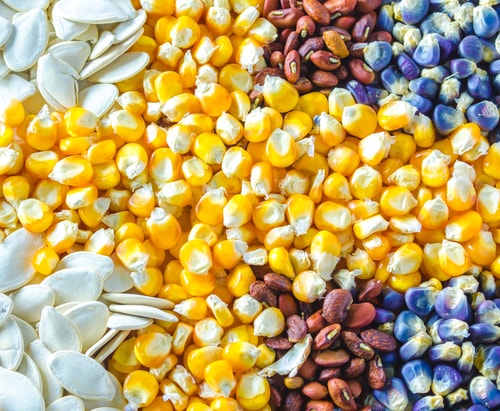Nearly 180 million hectares of GM crops planted last year
By Diego Flammini
Assistant Editor, North American Content
Farms.com
According to a new report from the International Service for the Acquisition of Agri-Biotech Applications (ISAAA), a non-profit organization that “shares the benefits of crop biotechnology to various stakeholders,” global GM crop acreage is down slightly.
“The annual global hectarage of biotech crops peaked at 181.5 million in 2014,” ISAAA says in the report’s executive summary. “Compared with 179.9 million hectares in 2015, this change is equivalent to a net marginal change of minus 1 per cent between 2014 and 2015.”
The United States planted the most GM crops with 70.9 million hectares. Brazil, Argentina, India and Canada round out the top five.

Decreases in total crop plantings, low commodity prices, and farmers switching to “more easily managed” and “less demanding crops” are reasons the organization mentions for lower biotech hectares.
The report highlights the success of biotech crops and their ability to provide people in impoverished areas with food. Despite that, challenges continue to lie ahead for farmers.
“Feeding 9.7 billion people in 2050 and approximately 11 billion in 2100 is one of, if not THE most daunting challenges facing mankind,” the report states.
Other issues include regulation and climate change.
ISAAA outlined three things to consider for biotechnology going forward.
- With many countries using 90-100 per cent biotechnology crops, there may not be much room for expansion.
- There are at least 85 new potential products being field-tested.
- CRISPR, which can allow for plant DNA to be altered, is becoming an important technology in agriculture.